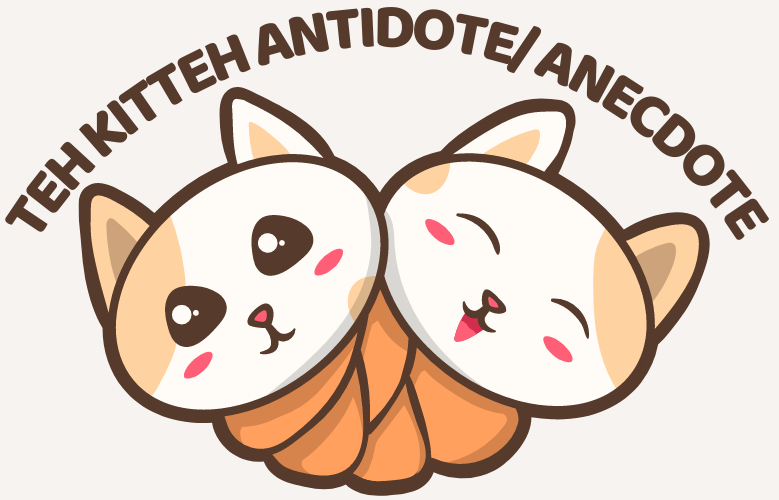Petting aggression in cats
The video actually doesn't add a great deal to the general knowledge of most domestic cat owners. Thanks to the Internet, there's been a massive increase in knowledge about domestic cat behaviour. And perhaps the most important aspect of domestic cat behaviour is biting their owner 😒. Or scratching their owner for that matter. And this is linked to the most important aspect of feline behaviour: hunting.
It is their raison d'être - their reason for living - which I've mentioned in other articles. And domestic cats are programmed through their DNA to respond to moving objects as the narrator in the video mentions.
Stimulated hunting
They're 'programmed' to respond to moving objects by attacking them because it's going to be a prey animal. They also have the same response to sounds. Domestic cats can locate a target prey animal through the sound they make thanks to their excellent hearing.
But if an owner waves their hand around in front of their domestic cat, they might be bitten or swiped at. It depends upon the individual cat as to how energised they are to hunt at that moment in time.
And this happens most commonly with young cats because their instincts are more open and unregulated or un-tempered by adulthood and experience. They just do what they want to do immediately and respond immediately to movement.
And when a person who is unaware of this desire wafts their hand around in front of their young cat before petting them, they might get a bite. Indeed, if they pet them too aggressively it might provoke a similar but distinctly different response - play versus actual hunting.
Stimulated play-hunting
Petting aggression can extend to petting which is too aggressive or which stimulates the cat to respond by aggressive play. Play for a domestic cat is always aggressive and involves scratching and biting. Because play is a hunting substitute for a young cat.
And on that topic, adult domestic cats are kept in a permanent state of kitten mentality because they are provided for all their lives by the human caregiver. It's as if their natural mother, a cat, has constantly provided for them and not released them into the wild where they would be independent. This suppresses the emergence of an adult mentality.
That's why adult cats can behave a bit like kittens compared to the way they would behave if they were living in the wild.




Comments
Post a Comment
I love comments. Please share. Thanks in advance.